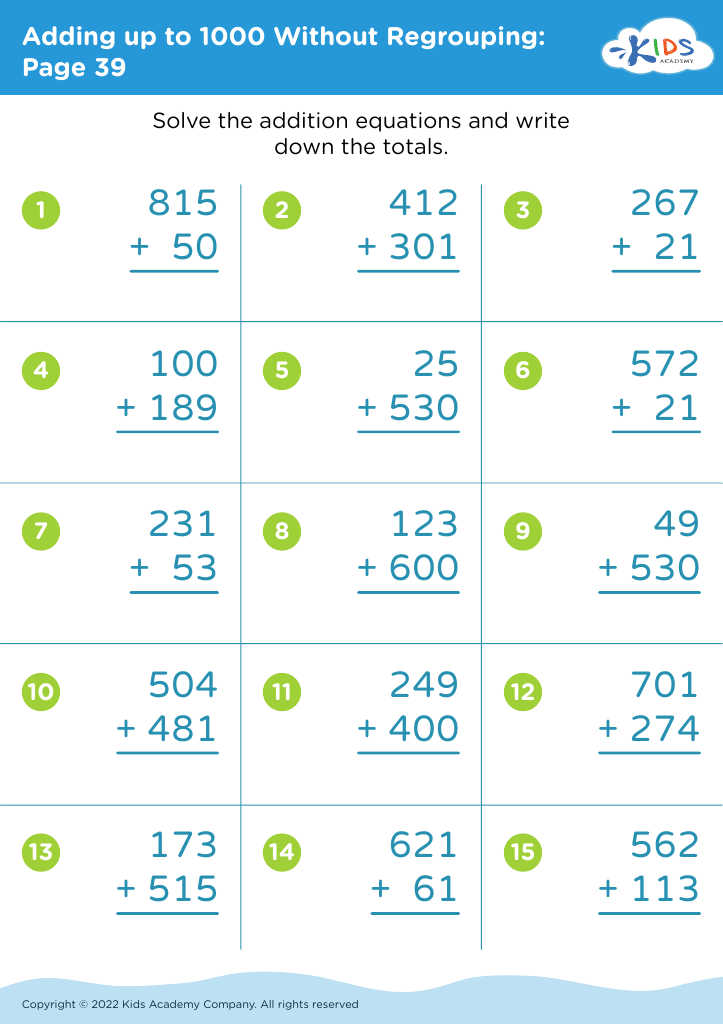Alphabet Recognition Math Worksheets for Ages 3-8
6 filtered results
-
From - To
Discover engaging Alphabet Recognition Math Worksheets designed for children aged 3-8 at Kids Academy. These worksheets blend foundational math skills with letter recognition, fostering both numeracy and literacy in young learners. Children will enjoy fun activities that encourage alphabet identification, sequencing, and phonetic skills, all while reinforcing essential math concepts. Our interactive exercises utilize vibrant visuals to captivate your child’s interest and make learning enjoyable. Perfect for at-home learning or classroom use, these worksheets provide valuable practice that sets the stage for academic success. Unlock your child’s potential with resources crafted to stimulate curiosity and confidence in their early learning journey!
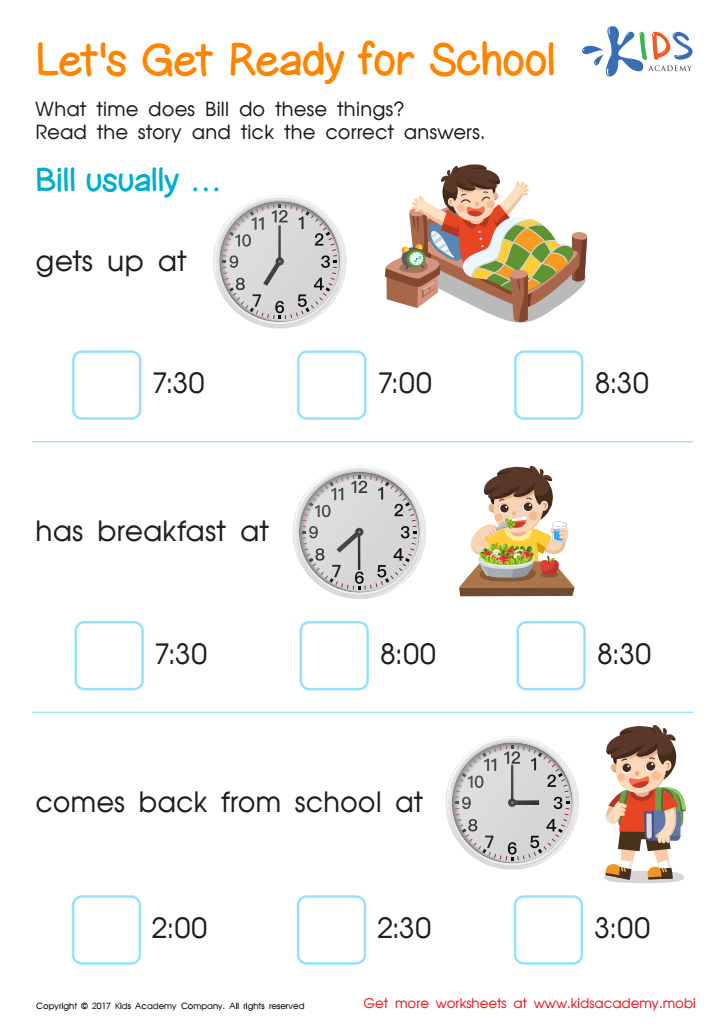

Lets Get Ready For School Time Printable
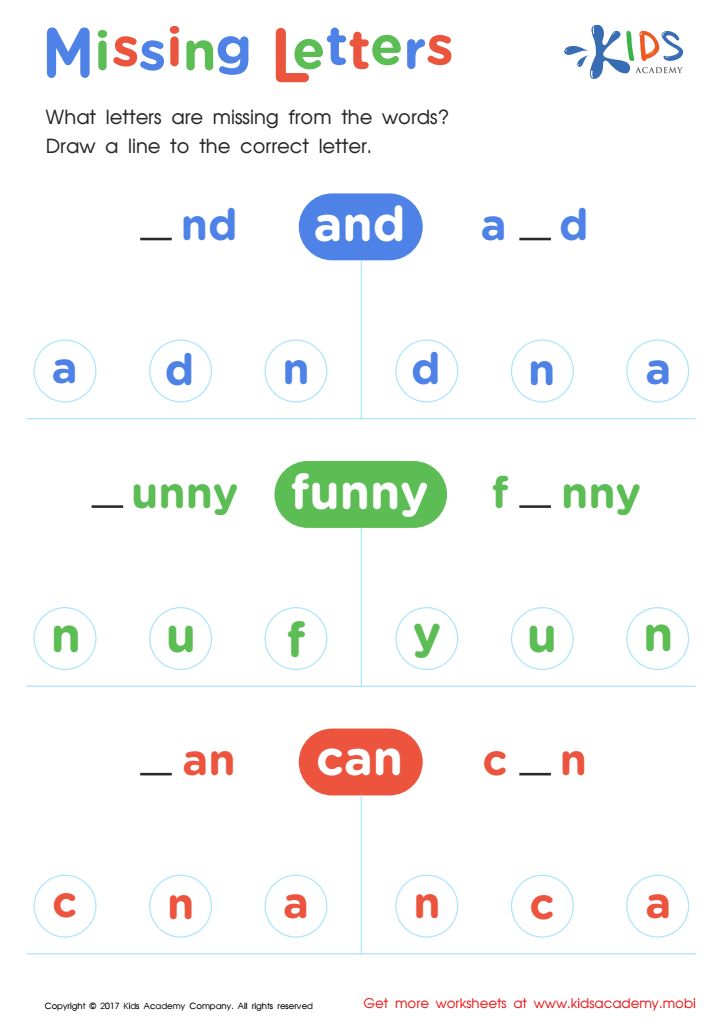

Missing Letters Worksheet
Alphabet recognition is foundational for early literacy and plays a critical role in a child's linguistic development from ages 3 to 8. For parents and teachers, fostering this skill is vital as it lays the groundwork for reading and writing abilities. Recognizing letters enables children to decode words, understand phonetics, and build a strong vocabulary, ultimately leading to successful communication skills.
Furthermore, alphabet recognition directly influences a child's confidence and engagement with learning materials. When children can identify letters, they can participate more actively in reading activities and discussions, enhancing their classroom experience. Additionally, this skill supports the transition to more complex literacy tasks and academic subjects, ensuring a smoother learning trajectory.
Incorporating alphabet recognition activities into daily routines, such as reading books, singing the alphabet song, or playing letter games, can strengthen these skills and make learning enjoyable. Parents and teachers should care about this critical stage of development to promote a love for reading, foster curiosity, and longer-term academic achievement in their children. By prioritizing alphabet recognition, they help children develop the essential tools they need for lifelong learning and success in school and beyond.


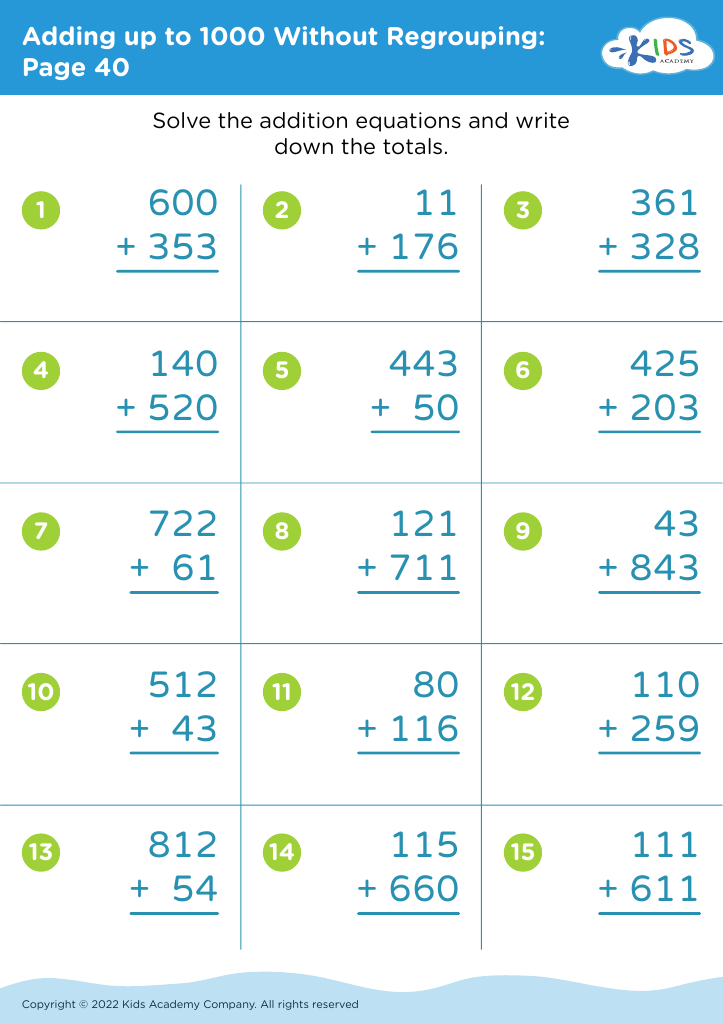
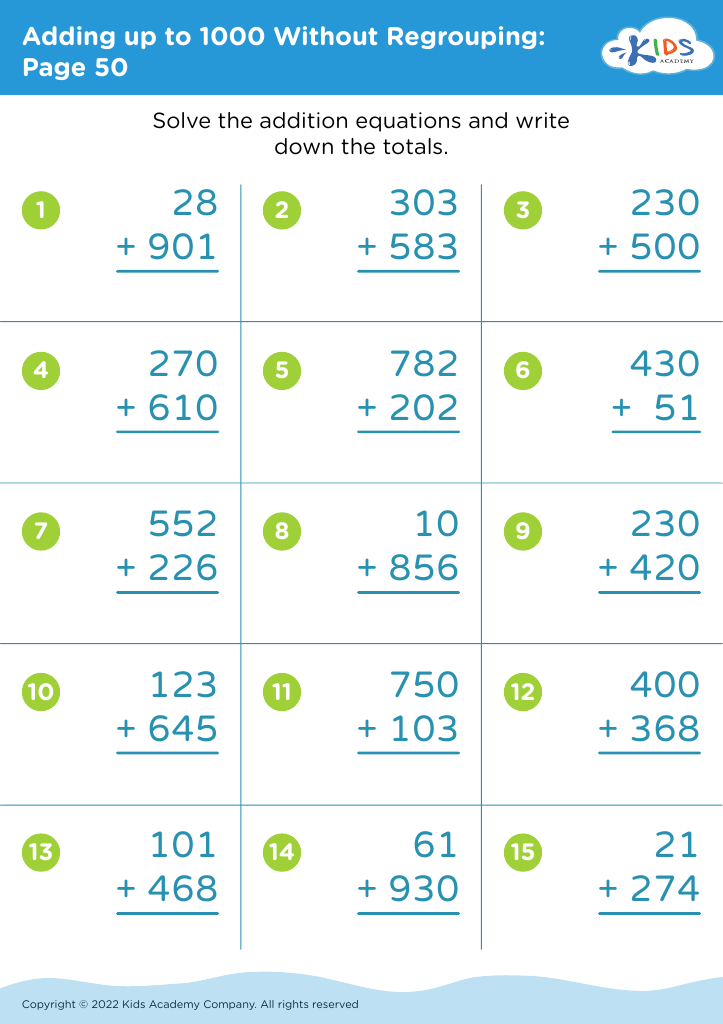
 Assign to My Students
Assign to My Students
